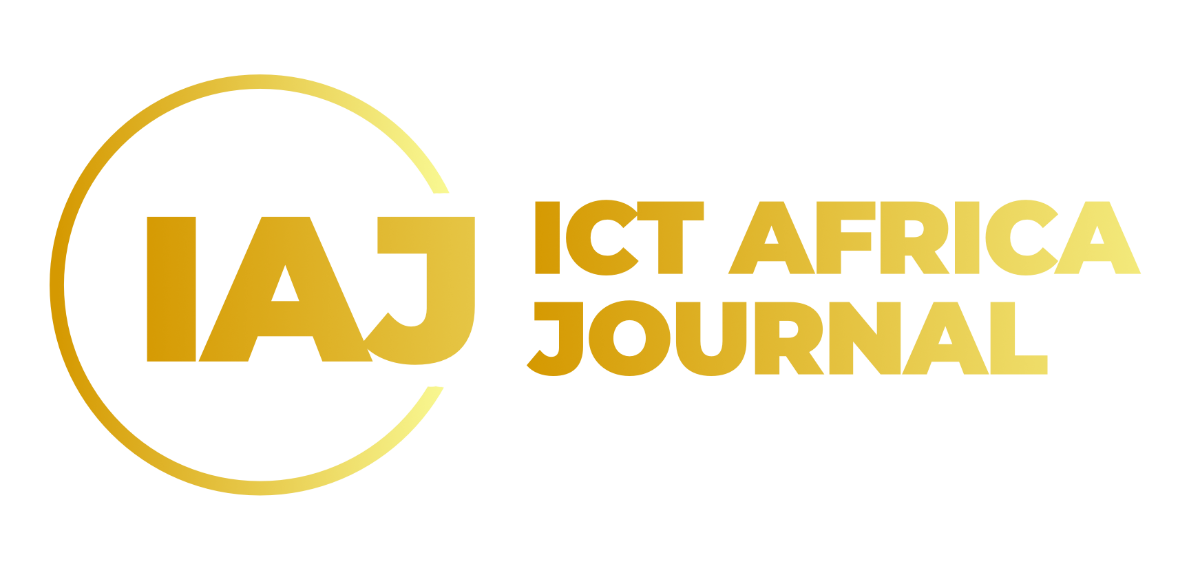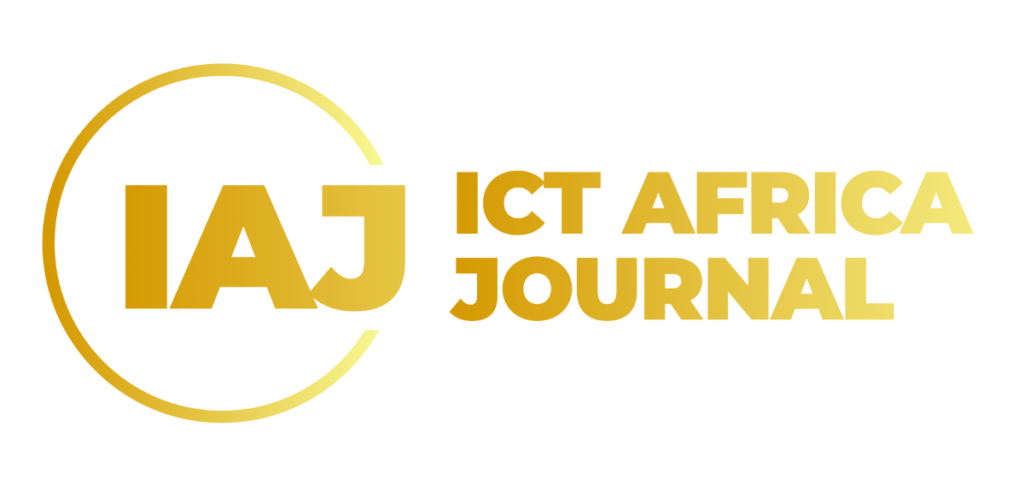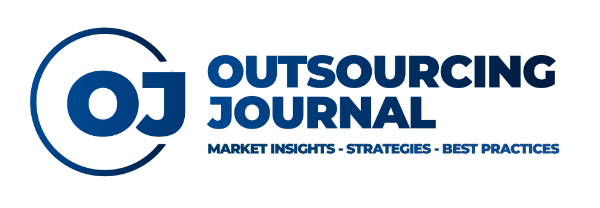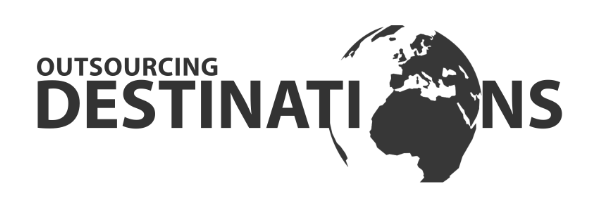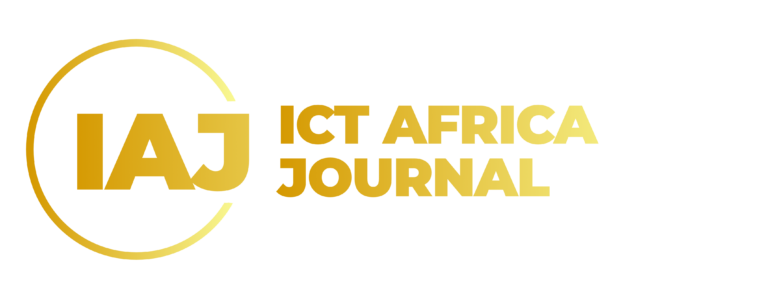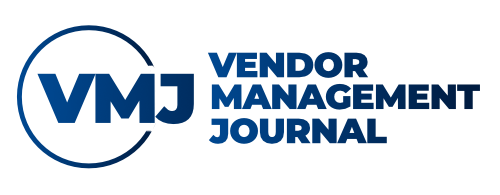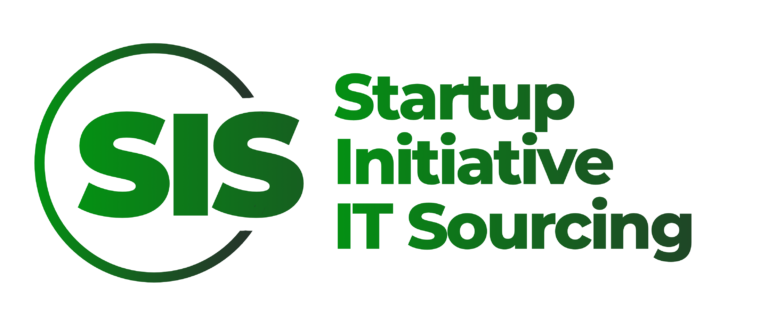[vc_row][vc_column][vc_column_text]This article is an abstract of the sector analysis published in the Outsourcing Destination Rwanda which is available for free download. The Republic of Rwanda or the “land of a thousand hills” because of its elevated geographic position, is a landlocked country in the African Great Lakes region. It is one of the smallest countries on the African continent, neighbored by Uganda, Tanzania, Burundi, and the Democratic Republic of the Congo.
Rwanda’s population counts over 12.6 million people and is with a size of about 26,338 km2 the most densely populated country on the African mainland.
Our impression is that Rwanda is 6th fastest growing economy in Africa (7.5% p.a. since 2007), tackling successfully key areas of the economy and society, like healthcare with an increased spending of 6,5% of the country’s gross domestic production in 2013. In comparison the budget was only 1.9% in 1996 with a comparably lower economic output. Another area of accelerated development is education. Since 2012 Rwanda provides free education for 12 years mainly in English language. Private schools usually also offer education in French language.
In 2013 the country took a further step to modernizing higher education, forming the Public University
of Rwanda (UR) by merging the National University of Rwanda and the country’s other public higher education institutions. In 2013, the enrollment ratio for higher education was with 7.9%, about 4,3% higher than in 2006.
Rwanda – Demographics and languages
Rwanda’s population is about 12.663.116 million (NISR 2020 https://www.statistics.gov.rw/statistical-publications/subject/population-size-and-population-characteristics), of which are 43,3% 15 years and younger and 53,4% between 16 and 64 years old (numbers from 2012).
The official languages of Rwanda are Kinyarwanda, English, French, and Swahili. Kinyarwanda is the national language, but English is the primary language in secondary and higher education. Due to the colonial era German, French and Dutch were partly widely used in Rwanda, of which French remained an official language after independence in 1962.
Rwanda – Economy and trade
Rwanda’s per-capita GDP (PPP) was about $2,444 in 2019 (IMF), compared with $416 in 1994.(IMF, 2012) Major export markets include China, Germany, and the United States (The CIA World Factbook Rwanda, 11/2015).
Rwanda is member of the East African Community since 2007, which members are working on a common market a customs union, monetary union and political federalization (www.eac.int).
Rwanda is #2 in Africa for Ease of Doing Business, and #29 worldwide…
Made business registration easier by improving the online registration one-stop shop and streamlining post-registration (e.g.: VAT registration online)
Made it easier to register property by introducing effective time limits and increasing the transparency of the land administration system
Made trading across borders easier by removing the mandatory pre-shipment inspection for imported products
Made enforcing contracts easier by introducing an electronic case management system for judges and lawyers
Office space and infrastructure in Rwanda
Kigali offers 8 major business office locations, with Soras Tower, AP Plaza, Career Center, M Peace Plaza, Kigali Business Center (KBC), Fair View, Kigali Hights and M&M, that currently provide together more than 46,700 sqm of available office. Soras Towers is by far the largest center with currently more than 9,000 sqm available office space. The rental prices range from 15 to 20 USD per sqm (Rwanda Development Board, 2018).
Rwanda maintains a 7,000 km fiber optic cable network to ensure internet connectivity in the country and is connected via three main fiber optic cables (2x Kenya and 1x Tanzania) on land and connected via sub-marine cables by Seacom. The mobile network standard LTE has a coverage of 95% of the country’s territory.
The Rwandan Civil Aviation Authority pushes to include more destinations on the flight map from and to Rwanda. While the country maintains a number of flight routes within the region and the continent, more international and regional routes are planned to be added, also in Europe. (Rwanda Development Board, Rwanda Civil Aviation Authority).
Rwanda’s ICT and BPO Sector
The ICT sector has shown exponential annual growth rates in the period between 2000 and 2015 with over 21% gross value addition (GVA) for Rwanda’s economy.
In comparison, other major sectors, like agriculture, services and industry showed an annual GVA growth rate for the same period of only 5 – 8%.
The goal of the government to develop Rwanda into a major digital HUB in Africa seems, measured on the activities and frameworks in place, realistic, …
Read the entire article that includes key indicators for the sector, information on labor market, salaries, education and more in the Outsourcing Destination Guide Rwanda, which is available for free download here: https://www.outsourcing-destinations.org/portfolio/outsourcing-destination-guide-rwanda/[/vc_column_text][vc_column_text]Picture: https://www.123rf.com/profile_saaaaa via 123rf.com[/vc_column_text][vc_empty_space height=”64px”][vc_single_image image=”6394″ img_size=”full” onclick=”custom_link” link=”https://www.german-conferences.de/digitaltunisia/”][vc_empty_space height=”64px”][/vc_column][/vc_row]
